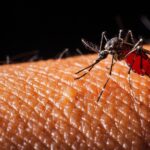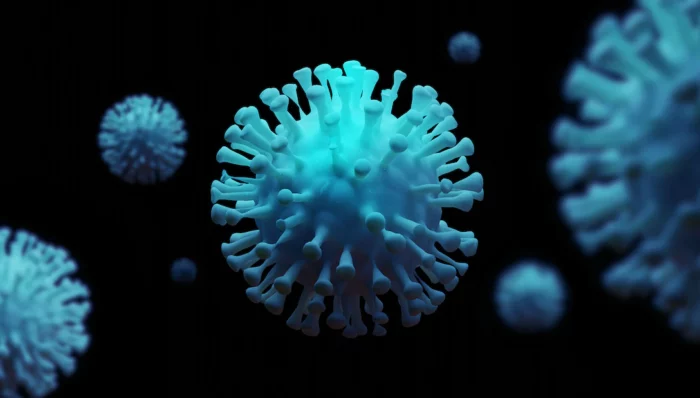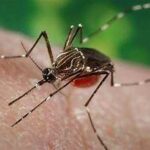
The Pan American Health Organisation (PAHO) has recently issued an epidemiological update, urging Member States to maintain surveillance in response to the elevated levels of acute respiratory diseases observed in the Region of the Americas.
These respiratory diseases are being driven by three viruses, namely SARS-CoV-2, influenza, and respiratory syncytial virus, which have been circulating since late 2023.
Currently, the Northern Hemisphere is experiencing epidemics of all three viruses, as expected in the winter season. On the other hand, some countries in the Southern Hemisphere are experiencing incidences higher than expected for the season, primarily due to the circulation of SARS-CoV-2.
According to the update, in the Caribbean Subregion, SARS-CoV-2 activity has remained at low levels during the last four Epidemiological Weeks (EWs).
Influenza activity, on the other hand, has been fluctuating at moderate levels over the past four EWs, while RSV activity has remained fluctuating at moderate levels during the same period, following an increase in previous EWs.
The update also mentions that Influenza-like illness (ILI) and severe acute respiratory infection (SARI) cases have been declining in the last four EWs, with a higher proportion of ILI and SARI cases associated with influenza.
However, in Belize, SARS-CoV-2 has reached levels above the epidemic threshold in the last EW, and influenza activity has increased in the last four EWs, reaching moderate levels. In Saint Lucia, high levels of SARS-CoV-2 activity have been observed, coinciding with an increase in SARI cases above the moderate activity threshold.
Hence, PAHO has recommended that Member States should maintain surveillance of respiratory viruses to detect any changes in circulation or severity of disease.
They should also be prepared to respond to a possible increase in cases and hospitalisations, and continue efforts to increase vaccination against influenza and COVID-19, particularly in vulnerable and high-risk populations.
Finally, PAHO has assured that it will continue to monitor the situation and provide updates and support to countries as needed.






0 Comments